
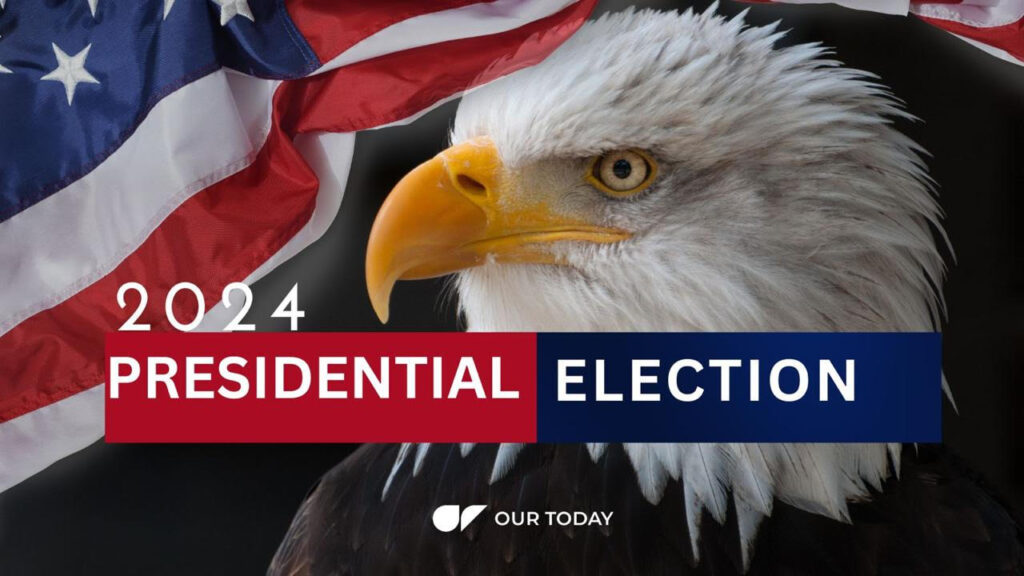
By Fernando Davis
With the 2024 presidential election approaching, an intriguing question arises: could the Jamaican community in the United States play a pivotal role in determining the outcome?
While this notion may initially seem far-fetched, a closer examination of the political landscape reveals a compelling narrative, particularly in key battleground states like Georgia, Florida, and North Carolina.
Historically, these states have been crucial in presidential elections, often swinging the balance of power in favour of one candidate or another. In 2000, for instance, Florida became the epicentre of electoral controversy when George W Bush won the state by a mere 537 votes, ultimately securing the presidency.
With razor-thin margins like this in mind, the significance of every vote—and every voter demographic—becomes magnified.
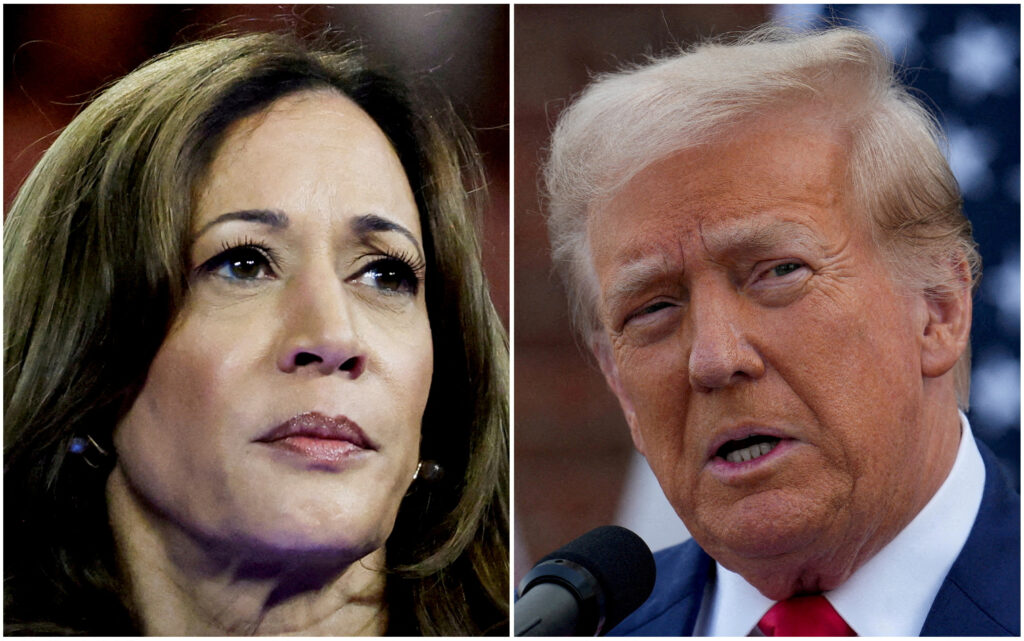
The Jamaican community, though relatively small compared to other electorates, is concentrated in areas that could sway the election. In Georgia and Florida, two of the largest populations of Jamaicans reside, alongside a rapidly growing community in North Carolina.
Vice President Kamala Harris, whose father hails from Jamaica, may find resonance within these communities, as her heritage could motivate Jamaican voters to mobilize in unprecedented numbers.
Critics may argue that the Jamaican vote is negligible when compared to the broader electorate, but this perspective overlooks the potential impact of turnout.

If the election remains as competitive as recent polls suggest, even a modest increase in voter participation among Jamaicans could tip the scales. For instance, if the 2024 election mirrors the contentious nature of the 2000 race, the stakes will be even higher.
The upcoming election presents multiple paths for Harris to reach the coveted 270 Electoral College votes needed for victory. She could secure her position without winning Florida, Georgia, or North Carolina.
However, her opponent, former President Donald Trump, faces a narrower margin for error. A loss in any of these key states—particularly Florida—could spell disaster for his campaign. The dynamics of voter mobilization within the Jamaican community could be a game-changer.

In the past, the community has demonstrated its capacity to organize and influence local elections.
Grassroots initiatives, cultural events, and community outreach programmes have helped to galvanize voters, particularly in urban areas where Jamaican-Americans have established strong ties. This election cycle, similar efforts could be amplified, with the potential to significantly impact voter turnout.
Moreover, the Jamaican community’s connection to issues such as immigration, healthcare, and economic opportunity resonates deeply with many voters. As these topics dominate the political discourse, candidates who can effectively engage with these concerns stand a better chance of winning crucial support.
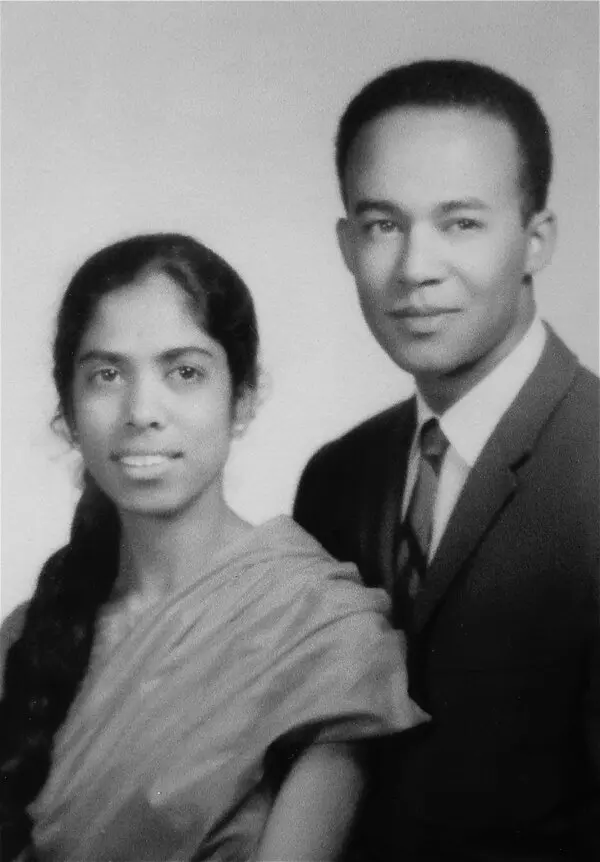
Harris’s narrative, coupled with her Jamaican roots, offers her a unique platform to connect with these voters on a personal level. In addition to grassroots organizing, the role of social media and digital outreach cannot be underestimated.
As younger generations of Jamaican Americans become more politically active, platforms like Instagram, Twitter, and TikTok could serve as vital tools for mobilization. Engaging content that highlights the importance of voting, shares personal stories, and addresses community-specific issues could resonate with a demographic that is increasingly influential.
As the election draws nearer, the focus on voter registration and turnout campaigns in Jamaican communities will be critical. Organizations dedicated to increasing civic engagement among Caribbean Americans are already ramping up efforts to ensure that voices are heard. The potential for Jamaicans to sway the election is contingent not only on their numbers but also on their ability to mobilize effectively and galvanize support for their candidate.

So, in a nutshell, while the Jamaican community may appear small relative to the overall electorate, its concentrated presence in key battleground states positions it as a potentially decisive factor in the upcoming election.
If Vice President Harris can inspire and mobilize these voters, she could harness a significant force that echoes the historical impact of Florida in the 2000 election. As the political landscape evolves and the stakes heighten, the question remains: will the Jamaican community rise to the occasion and help shape the future of American politics?

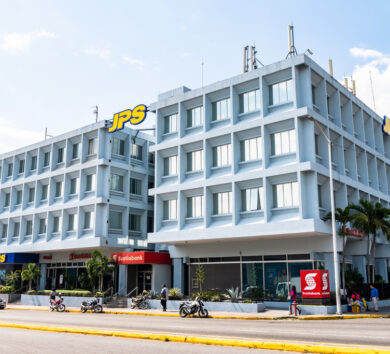
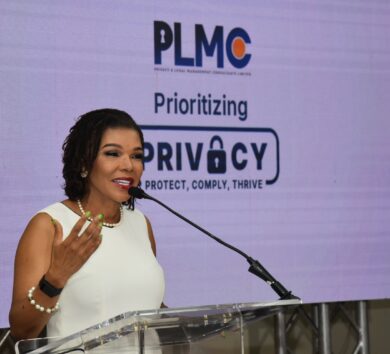
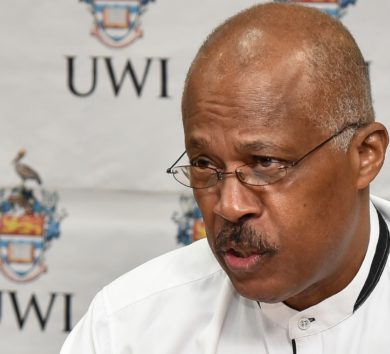
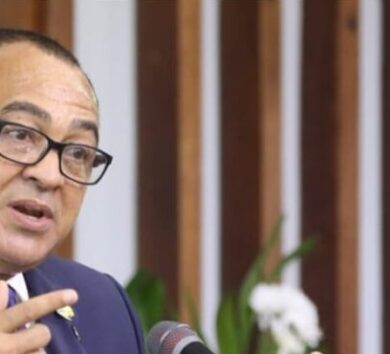

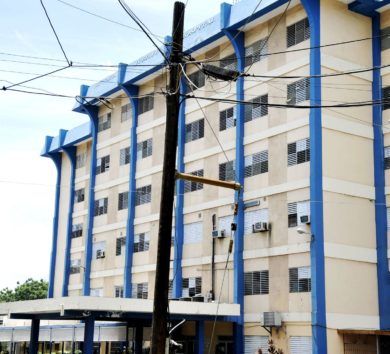
Comments